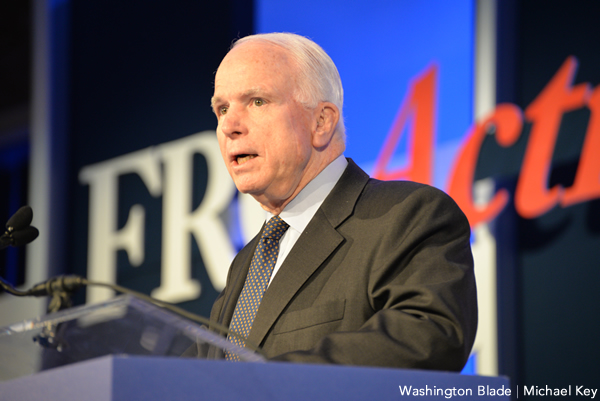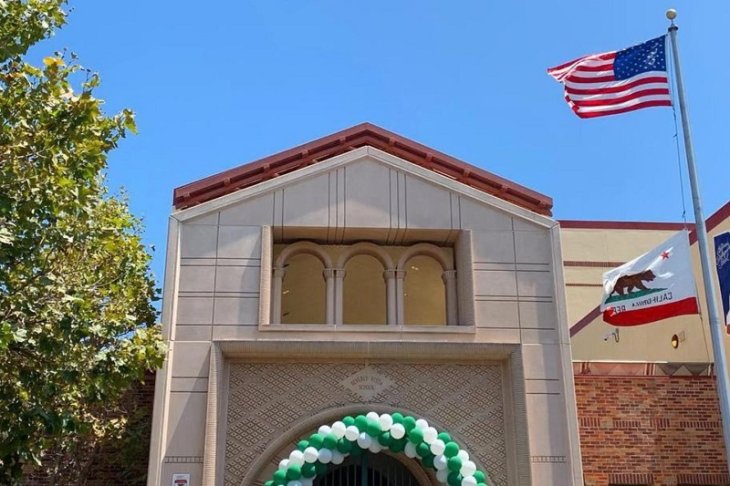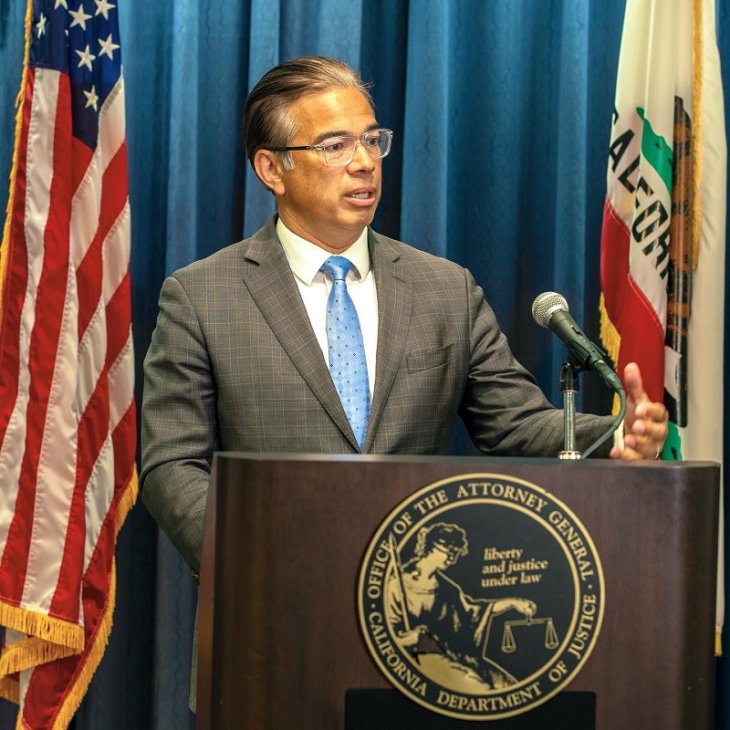
BY CHRIS JOHNSON | A provision that would have undermined President Obama’s executive order barring federal contractors from engaging in anti-LGBT workplace discrimination won’t be included in the final package of major defense spending legislation, according to senior armed services committee aides.
During a background briefing with reporters on Tuesday, an aide said the final version of the fiscal year 2017 defense authorization bill hammered out by House and Senate lawmakers in conference committee lacks the language Rep. Steve Russell (R-Okla.) inserted in the House version of the bill.
“The Russell amendment was in response to the executive orders,” the aide said. “The NDAA was always an imperfect remedy for that problem. Subsequent to the election, new paths have opened up to address those issues. It’s still a very important issue for members and they intend to pursue those other paths.”
The aide affirmed that neither the Russell amendment nor anything like it would be included in the $619 billion defense package, which is expected to make it to the House floor for a vote on Friday.
Prior to Election Day, Democrats led by Sen. Richard Blumenthal (D-Conn.) sounded the alarm over the possibility the language would be included in the conference report for the defense authorization bill. LGBT advocates looked to Senate Armed Services Committee Chair John McCain (R-Ariz.), who was facing re-election in 2016, to keep the language out of the final package based on his opposition to a state “religious freedom” measure proposed in Arizona. Negotiations between House and Senate lawmakers were put off until the lame duck session of Congress amid the controversy.
Rep. Steve Russell (R-Okla.) inserted the provision as an amendment to the House version of the defense authorization bill in April during the House Armed Services Committee’s consideration of the measure. The Senate version of the defense legislation lacked any comparable language.
The Russell amendment would have permitted “any religious corporation, religious association, religious educational institution or religious society” contracting with the U.S. government to engage in anti-LGBT discrimination on the basis of religious freedom. The lack of definition for “religious corporation” in the provision could have allowed courts to construe the term broadly to mean any federal contractor — not just religious organizations — in the aftermath of the U.S. Supreme Court’s 2014 decision in the Hobby Lobby case.
Had the provision been signed into law as part of the defense authorization bill, the language would have undermined Obama’s 2014 executive order barring anti-LGBT workplace bias among federal contractors.
The White House identified the language as one reason for a veto threat over the House version of the defense authorization bill. White House Press Secretary Josh Earnest slammed the inclusion of the provision in must-pass defense legislation as “ridiculous.”
The administration also objected to other provisions in the version of the bill proposed by the House, such as language inhibiting the president from removing detainees from the detention facility at Guantanamo Bay, Cuba. It remains to be seen what position the White House will now take on the final version of the legislation.
LGBT advocates who objected to the language may not be out of the woods yet. With Donald Trump in the White House, lawmakers may try yet again with the provision and face no veto threat, or Trump on his own could rescind the executive order or insert a religious exemption in the measure.























